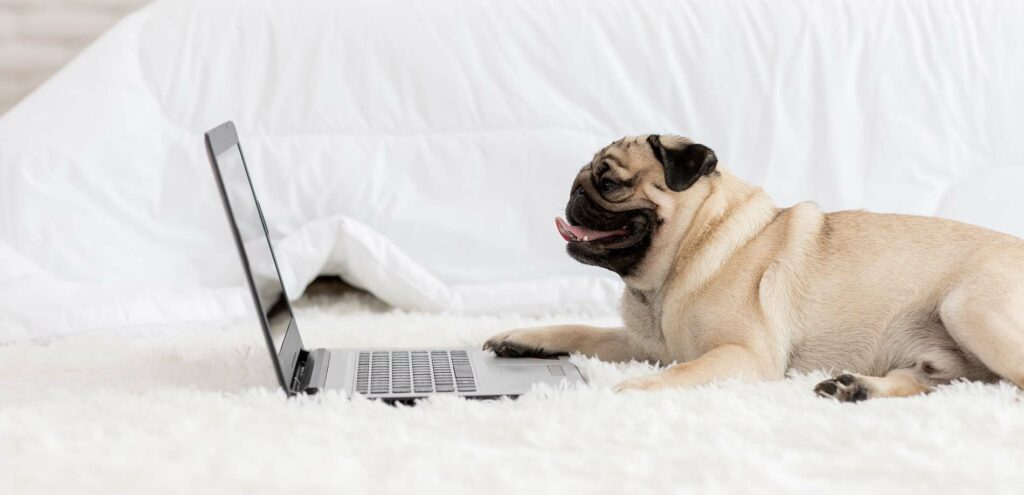
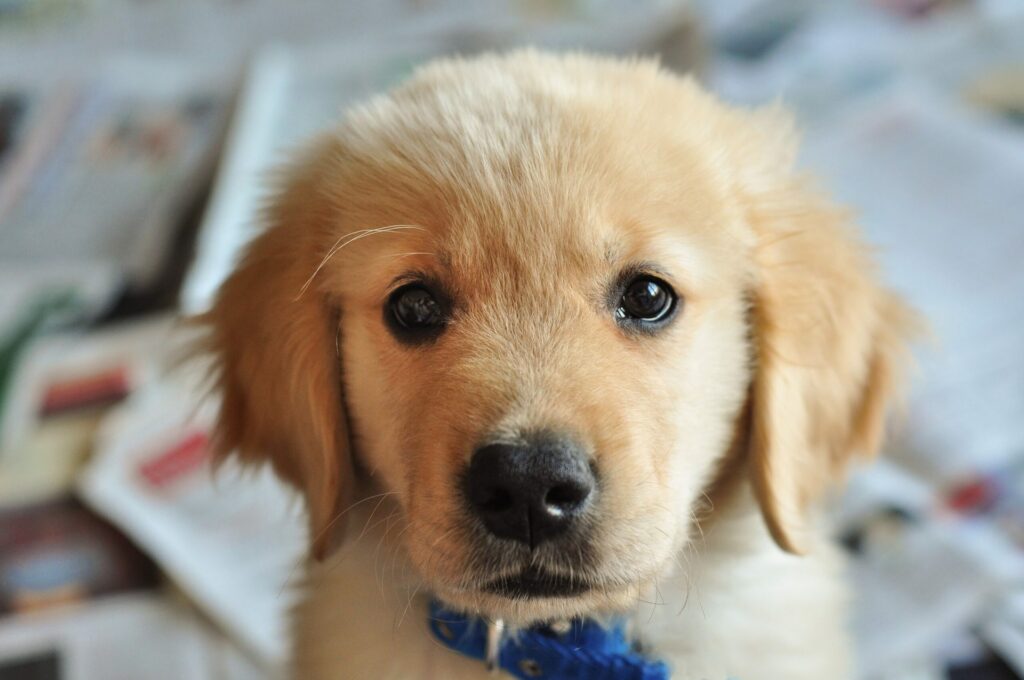
Potty training your pup is all about patience, staying positive, and keeping the same routine. Your puppy will be in a strange new environment and it will take some time for him to adjust. It can seem like a large task at first but don’t fret. This process can promote great habits and create a long-lasting connection between you and your pet.
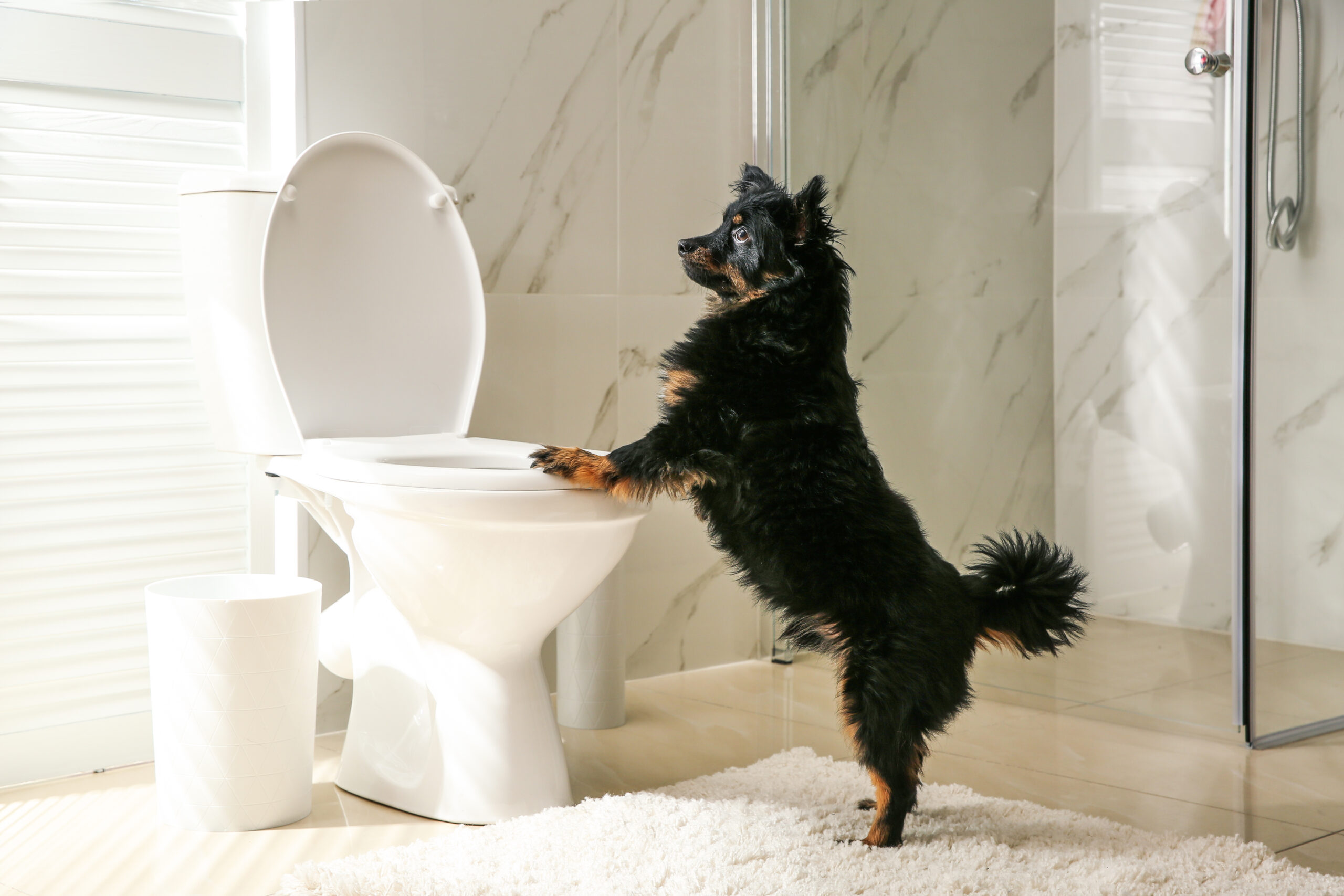
Expect the whole process to take at least six months, however in some cases it can be up to a year. There are a few things that can affect how long it will take to potty train your fluffy companion. How big is your dog? What was it like in their old home? Are you able to keep a strict schedule? The smaller the dog, the smaller the bladder. He will require trips to the bathroom more often. Breaking old habits is very difficult and can require more patience. The time you put in and the schedule you keep also has a big impact on how quickly your pup learns.
Make sure you set your expectations. There will be setbacks in the process. If you continue to enforce a schedule where you let the dog out as soon as he shows signs and reward him with treats when he does go to the bathroom. You’ll have success.
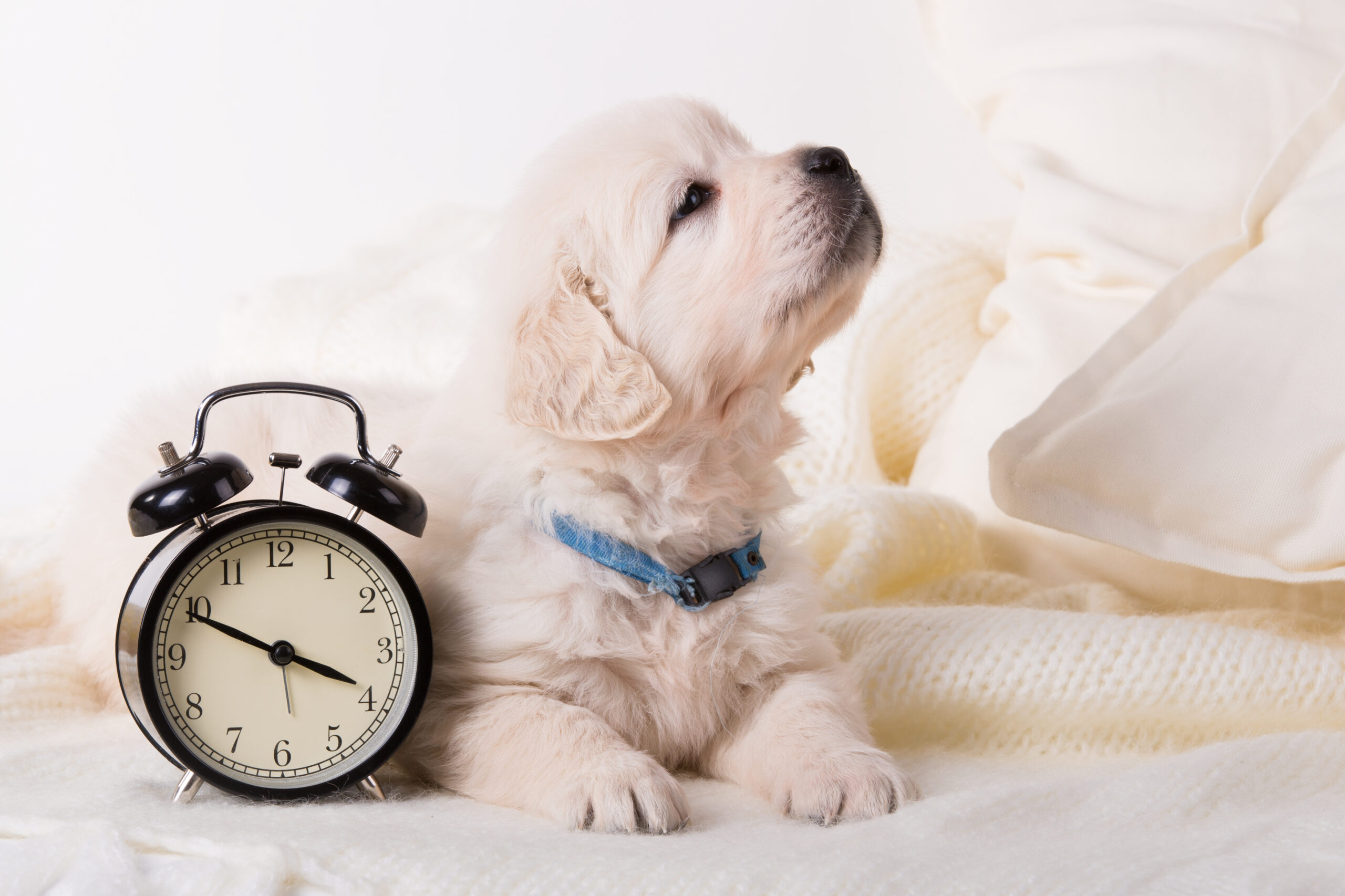
A good time to start potty training your dog is sometime around 14 weeks old. This is where he will be old enough to control his bladder.
If your puppy is 3 months old and has already developed bad habits such as going to the bathroom in his cage or not learning how to hold his pee, then expect the road ahead to take much longer and be much more difficult.
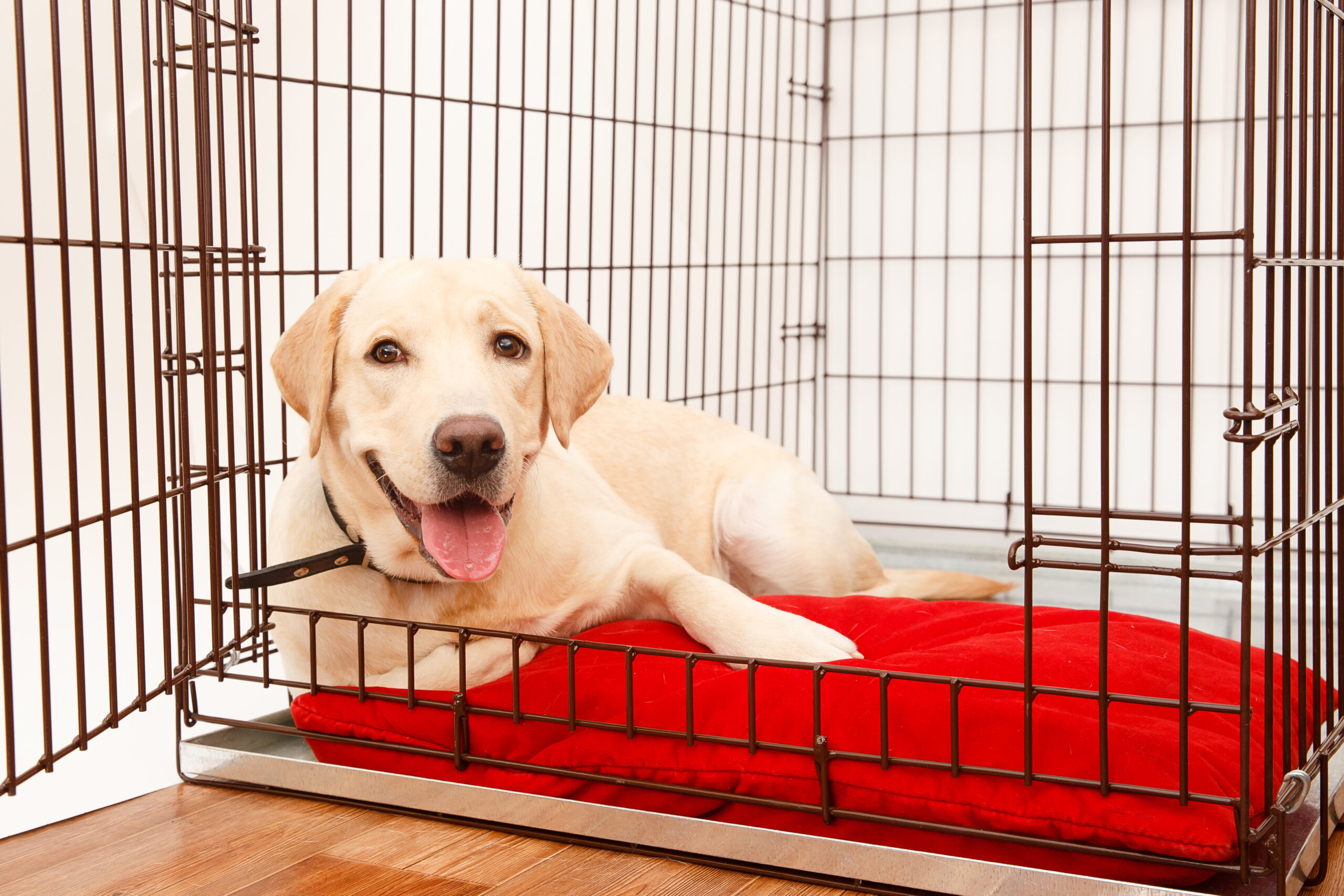
A crate can be a great tool for potty training your puppy. It helps teach him how to hold it and helps you keep an eye on him so he doesn’t sneak off and go to the bathroom somewhere in your house.
Ensure the crate is large enough for the puppy to stand, turn around, and lie down, but not big enough for him to use a corner as a bathroom.
If you are using the crate for an extended period of time, make sure the puppy has water to drink. If you can’t be home during the house training period, try and arrange someone else to visit and let him out to help him build his routine.
It is not recommended to use a crate if the puppy is regularly expelling inside. This could have several meanings: he may have brought bad habits home, he may not be getting enough exercise, the crate may be too large or he may not be old enough to begin the training process.
Constant whining, pacing, barking, scratching at the door, are all signs he needs to go. If he exhibits these behaviors you should take him out immediately.
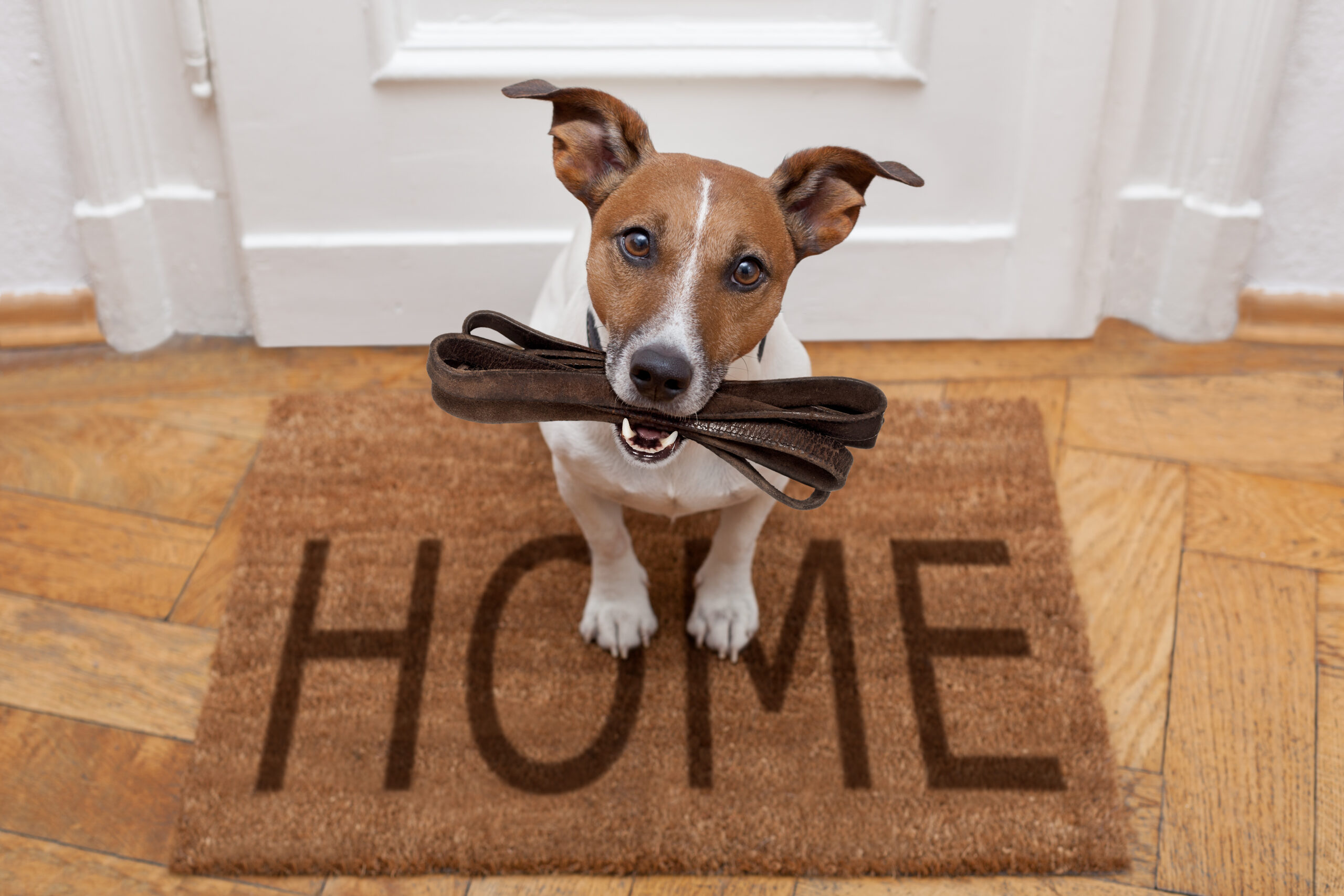
Accidents happen very frequently with new puppies. The puppy is in a new environment and is very confused. It takes a long time for them to adjust.
When your puppy does have an accident have patience. Keep your consistent training schedule. Only then if it still doesn’t seem to be working, ask a veterinarian to rule out a medical issue.
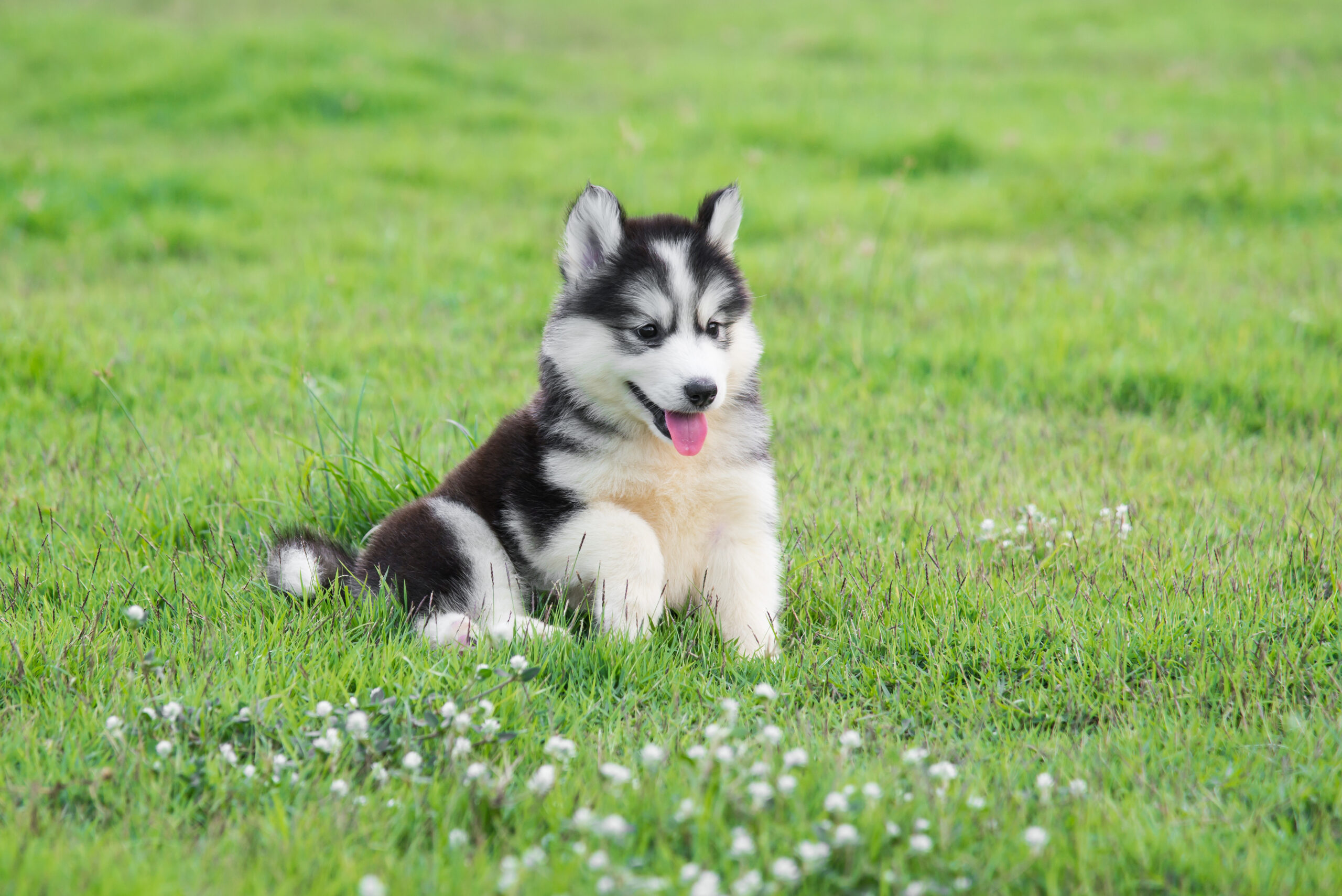
Potty training a puppy takes time and commitment. Try not to lose your patience or get upset. When you feel your pet is having trouble, return to the basics. Stick to your plan and develop a routine. With positive reinforcement and love, your dog will begin to form proper habits and leave your living room floor mess-free!
Want to see what we’re up to? Check out our Facebook page or contact us today.
